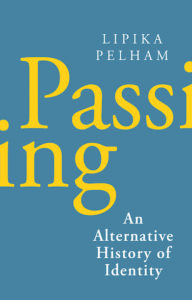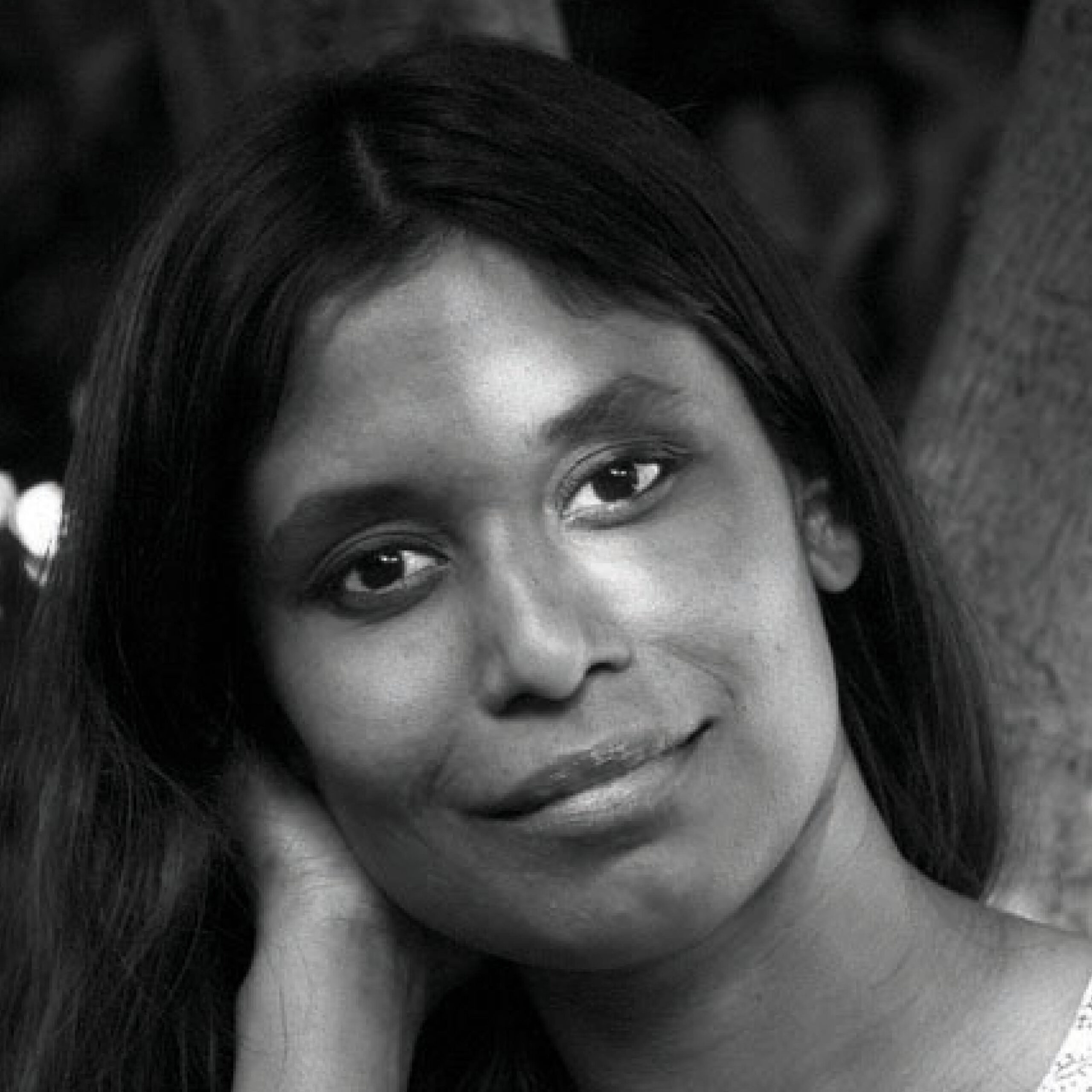The Dynamics of Postcolonial Passings w/ Lipika Pelham
January 2021 saw the premiere of the adaptation of Crucian-Danish-American Nella Larsen’s 1929 novel Passing at the Sundance Film Festival. Racial passing in the USA, both as lived experience and as it is represented in the arts, has been one of the most frequently analysed forms of passing, along with the Jewish experience of passing as non-Jewish during the Nazi regime. In Passing: An Alternative History of Identity (2021), Lipika Pelham offers a fresh perspective on such widely studied cases through placing them alongside lesser known real and fictional accounts from around the globe in a thought-provoking way. Her selection includes examples of caste, gender, and sexuality passing in India, religious and ethnic passing between Palestine and Israel, and racial passing in South Africa, Brazil, and Britain. While, in the stories documented by Pelham, passing is sometimes portrayed as an experience of “self-invention, rebirth and opportunity,” it also often entails “loneliness, alienation, uncertainty and terror” (80).
In the field of postcolonial studies, analyses of passing in creative writing and film (outside the USA) have so far consisted of isolated articles, many of them focusing on a single form of passing, even when multiple forms are at play simultaneously. The complexities involved in the lived experiences and representations of postcolonial passings, whether comparative and/or intersectional, are yet to be investigated in depth.
About the book
A slave woman in 1840s America dresses as a white, disabled man to escape to freedom, while a twenty-first-century black rights activist is ‘cancelled’ for denying her whiteness. A Victorian explorer disguises himself as a Muslim in Arabia’s forbidden holy city. A trans man claiming to have been assigned male at birth is exposed and murdered by bigots in 1993. Today, Japanese untouchables leave home and change their name.
All of them have ‘passed’, performing or claiming an identity that society hasn’t assigned or recognised as theirs. For as long as we’ve drawn lines describing ourselves and each other, people have naturally fallen or deliberately stepped between them. What do their stories—in life and in art—tell us about the changing meanings of identity? About our need for labels, despite their obvious limitations?
Lipika Pelham reflects on tales of fluidity and transformation, including her own. From Pope Joan to Parasite, Brazil to Bangladesh, London to Liberia, Passing is a fascinating, timely history of the self.
About the author
Lipika Pelham worked in the BBC newsroom for over a decade, and has reported from the Middle East, North Africa and Asia. Having made several award-winning documentary films, she now writes and produces independent programmes for the BBC. Lipika is the author of Jerusalem on the Amstel, also published by Hurst, and The Unlikely Settler.
Registration is now open. If you wish to register, please send an email to [email protected] with the following information:
– Your name and the email address that you will be using to attend the event;
– Which day(s) you will be attending, or whether you only wish to register for the free public event at the end of the conference;
– If the name appearing on the bank account used for payment does not match the name of the person who is registering, please inform us of the name on the bank account.
Enquiries can be sent to: [email protected]
RSVP